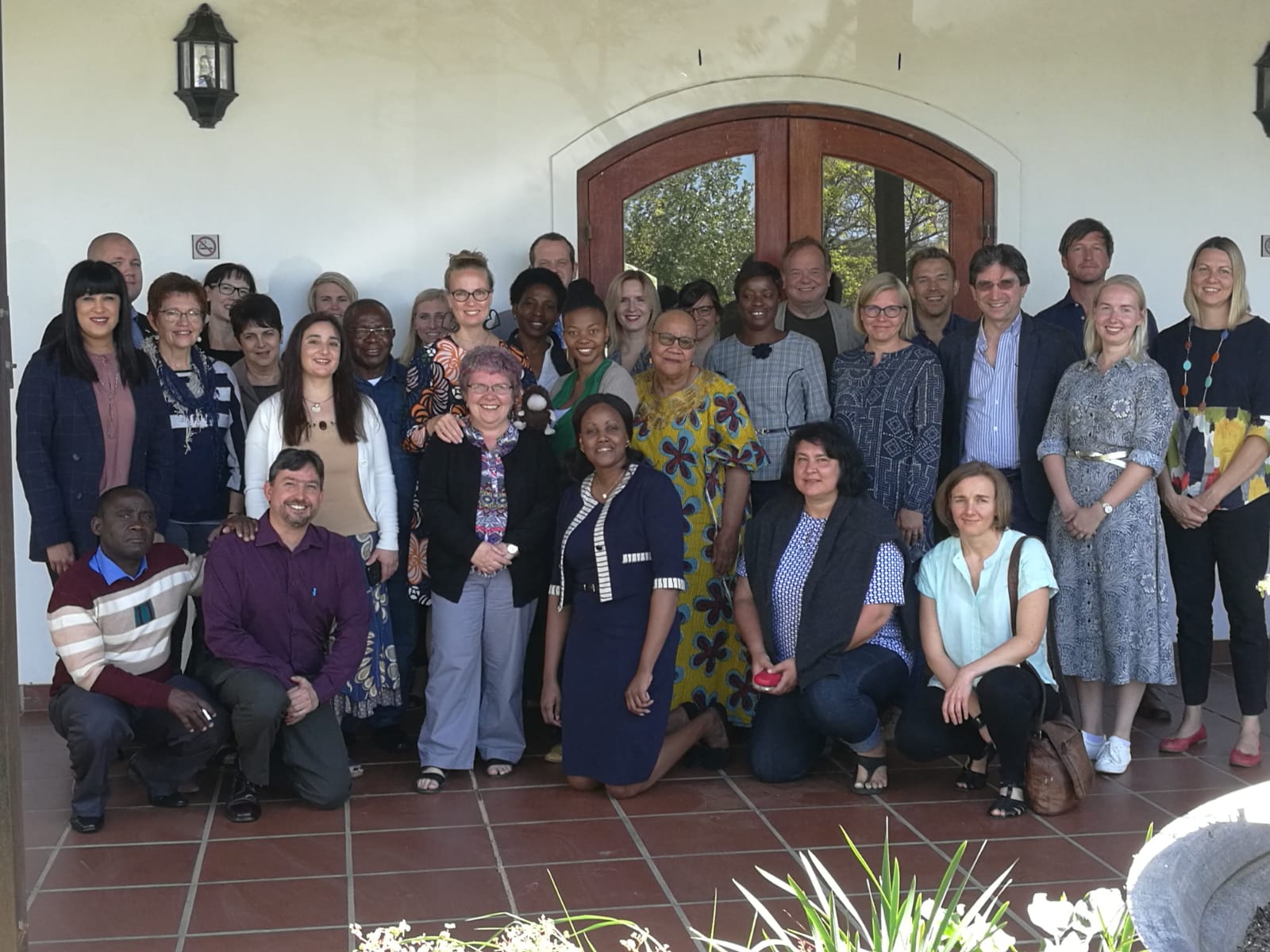
Just like any global project, Erasmus+ KA2 MEGA was heavily affected by COVID-19 and the travelling restrictions caused by the pandemic. At the beginning of the year, MEGA was approaching the last and most important milestones of the project. Based on the initial project timeline, 2020 was going to be the final year to implement the remaining part of the project activities. Many activities that had already begun suddenly reached a critical stage and, stopping them completely, could cause long-term damage for the overall project. Unfortunately, one of the most critical deliverables – “Field testing of the MEGA app” – was also among the activities whose execution risked being put to a halt completely.
After numerous video calls among the project consortium, it was clear that each partner country is sliding into national lockdown. These lockdowns were limiting domestic and international mobility, causing the consortium to make a decision to postpone the planned project meetings in South Africa until the situation stabilizes. Unfortunately, it is still unclear whether the project consortium will be able to implement any of the remaining face-to-face meetings.
What kind of actions has MEGA taken to tackle the damaged caused by COVID-19?
As a consortium that mainly represents the healthcare field, MEGA was in an advantaged position to understand the impending pandemic. Therefore, the MEGA consortium was prepared to implement some rapid changes in order to soften any possible damage caused by COVID-19. The first step was to ensure the safety of project participants and partners. This is why the MEGA consortium decided to cancel all physical meetings in Europe and Africa, transferring all the remaining project meetings to online platforms. Implementation of activities which were intended for the general public (e.g. seminars, trainings) was tackled by establishing tailor-made materials, which would replace the initially planned physical meetings and seminars.
The situation with piloting the MEGA mobile application was a bit more complicated, due to limited interaction with project stakeholders caused by the pandemic. As the MEGA app had to be tested in real-life settings by project stakeholders (nurses, clinical officers, etc.), the consortium could not use any digital tools or online platforms to replace the face-to-face testing period. However, the MEGA consortium strongly believes that the health of the primary healthcare specialist is more important than the overall project results. Fortunately, nurses in several South African and Zambian clinics were able to use the MEGA app while fulfilling their daily duties and, thus, the project was able to collect the necessary data.
What can MEGA and other KA2-projects/EU learn from the pandemic?
The pandemic period has been an excellent learning curve for both the funder and the beneficiaries. Communication during the lockdown period has shown that almost all partners have access to a solid internet connection and online tools. However, we have observed that consortiums (not only MEGA) are not advancing these tools as often as they could. Therefore while planning new projects, e-toolkits should be more commonly used.
As it is still quite difficult to predict when the current pandemic will end, consortiums need to advance the lessons learned and work on implementation strategies that are more reliant on different e-solutions. Fortunately, the MEGA consortium has already taken many necessary steps to become more virtual. Thus, project funder could collect these case studies and develop guidelines on how to develop a virtual working environment and how to shift work online.
The risk assessment will be more closely reviewed while preparing new projects. The future project consortiums have to practice out of the box thinking and be prepared for situations, which might not even happen. Therefore, also the funder should put more emphasis on risk assessment plans and closely review how the future projects are estimating possible risks. Project consortiums have to be ready to tackle unexpected issues.

